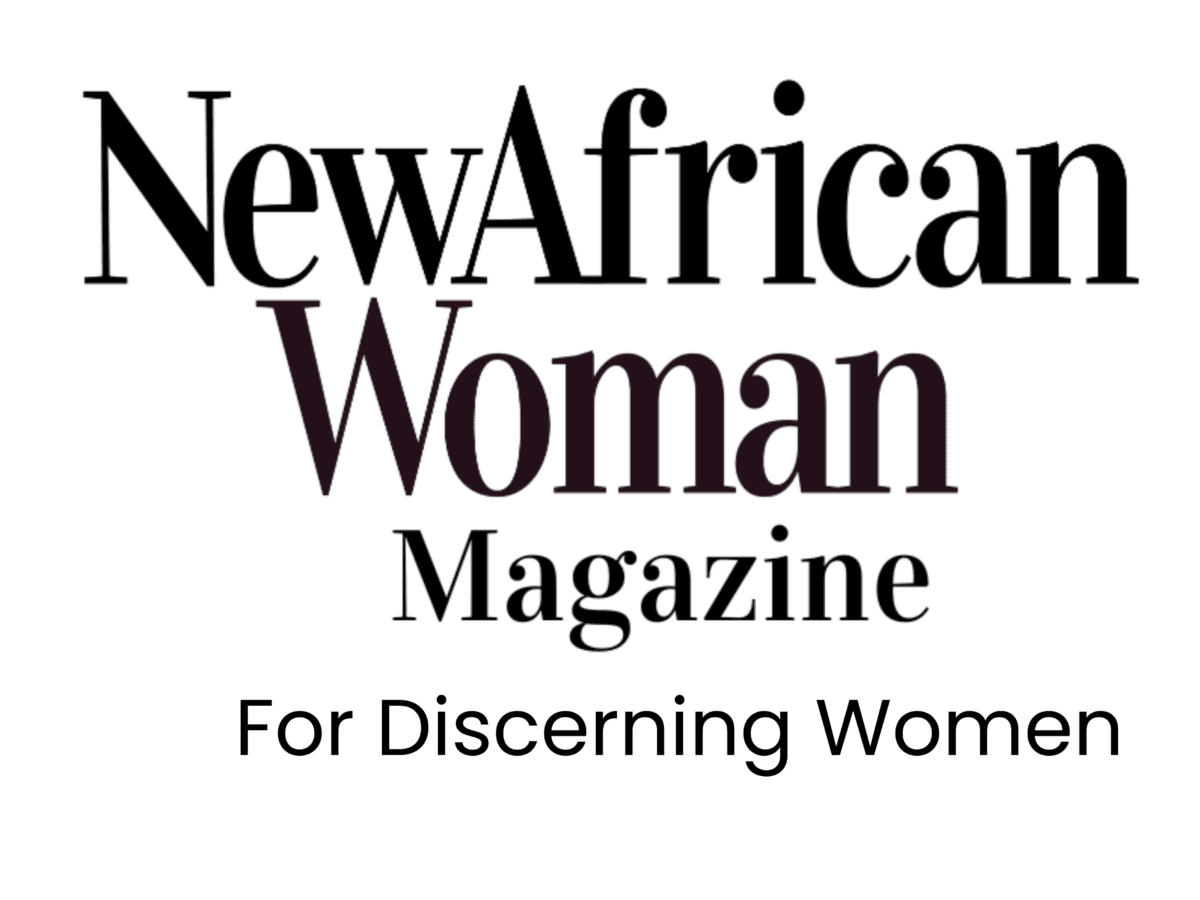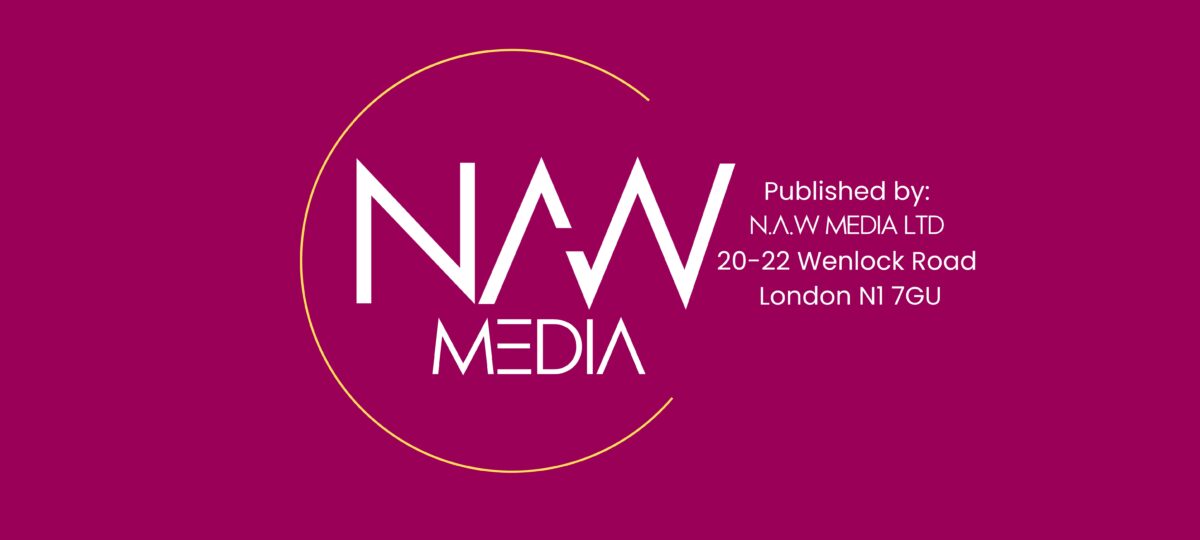EFG Hermes’ Mona Zulficar: “Doing a good job is a driver of change”

Mona Zulficar, Non-Executive Chairperson of EFG Hermes and founding partner of Zulficar and Partners Law Firm, has played key roles in modernising and reforming Egypt’s economic and banking laws, and has helped negotiate some of Egypt’s largest and most complex successful business transactions. She is also a leading human rights lawyer who has successfully campaigned for new legislation including on women’s rights. In this interview, she shares some valuable insights.
Mona Zulficar: As the founding partner of the eponymous law firm and chairperson at EFG, you operate in a male dominated environment. Do you ever think of your role from a gender lens, or does that not come into the equation?
I have always been the only woman on the board. I was the only woman on the central bank board and the first chairperson of a leading investment bank; it’s been part of my destiny throughout my career, and I believe it has had a positive impact.
It has encouraged a lot of other banks and institutions to diversify their management structures. You lead by example. Being successful, doing a good job is a driver of change and it has helped. The general environment is now pro equal opportunity to women and this has been a very important change. So now it is easier for women to get promotions. It is still a bigger challenge to get to the leading positions, but it is definitely improving.
Now for example we have six ministers in our cabinet – this has never happened before. We always had one or maximum two. Now almost 20% of our ministers are women. In Parliament, we have 15% women representatives and at least 25 % of our diplomats are women. This is unprecedented progress.
What were the reason behind these changes?
The Egyptian Constitution in 2014, for the first time, included a provision requiring that women enjoy equal opportunity throughout all top positions, including top management positions, government and judicial positions – which was always subject to resistance by the judiciary. The Constitution has been a door opener. Finally, President Abdel al-Fattah Sisi has naturally been in support of equal opportunity for women. Having six women cabinet ministers and appointing the first woman governor are examples of how his policies have supported the leadership of women on an equal opportunity basis. So he is leading by example.
You’ve been on the board of one of Egypt’s most successful financial services companies. What do you attribute the group’s success to, and your cutting edge?
The cutting edge depends to a great extent on several fundamentals. One is that we have a footprint that is second to none. We are in more than 11 Arab countries and we are also always ahead of the market.
The second point is that we have developed generations of investment bankers and we have a wealth of human resources. We are not restricted to Egyptians; of course the vast majority are from Egypt, EFG Hermes have developed a new generation of Egyptian leaders, but we also get experts from all over the world as we always seek the best. The third point is that we have added East Africa to our footprint. In 2017, we established ourselves in Kenya and we have very recently acquired a boutique investment bank in Nigeria – brokerage and research house Primera Africa Securities Ltd. We’ve also acquired a boutique in Pakistan – Invest and Finance Securities Limited] so we are always generally ahead of the market – that is what cutting edge leadership is all about.
How important is your sub-Saharan (SSA) footprint in terms of overall strategy? Will operations in the region begin to take greater share of EFG’s portfolio?
Nigeria will always remain a focal point for SSA investors given the size of the economy – it’s around $400bn with a population of circa 190m – so we have concluded the acquisition of a boutique investment bank and we see significant investor interest.
Similarly we are seeing a number of investors exploring opportunities in Ethiopia given the recent changes that have taken place. Generally, the east-African region continues to be very interesting especially for Egyptian companies given the benefits COMESA offers: incentives, tariff-free exports and much more. We are therefore interested in east African expansion and that is why we are there to assist investors – our investors from the Middle Eastern region – to also make use of the investment opportunities in that region.
How much interest is there in the region, including Egypt, from Middle Eastern investors?
Generally of course the markets have been suffering a crisis but we are beginning to see FDI back and growing in places like Egypt where you have the largest market and where you have major comprehensive reform structures, especially during the last few years.
In fact, we are witnessing very encouraging FDI flows in Egypt, particularly in areas like renewable energy, oil and gas, power in general, healthcare, services and education. So we are seeing a comeback if you like – particularly with the structural reforms.
How successful have these reforms been and what is the business climate currently like in Egypt?
In terms of the current economic climate, we see that the structural reforms are taking place diligently and are now beginning to have a positive impact after two or three years. After the devaluation in 2016 and all the reforms which happened; we are now starting to see stability and growth.
At the outset reforms usually have some negative side-effects, but now the positive side-effects are beginning to be felt and are being accompanied by social protection reforms, the promotion of micro-finance, e-finance and SME support.
There have also been major legislative reforms in all the basic fundamentals of the country. For example one of the success stories during the last three years has been the restructuring of the energy sector through comprehensive reforms, and FDI in renewable energy resulting in the largest solar park in Benban near Aswan.
Speaking of social reforms we have also witnessed – particularly over the course of last year – a call for more women to hold managerial positions in big business. There have been calls for all listed companies to have 30% female representation on their respective boards. What are your thoughts on legislating for this and do you think all listed companies should have at least one woman board member?
Absolutely. For example, now there is a drive led by the central bank for all banks in Egypt to have at least one woman on the board. It is not by legislation, it is not forced, but it is encouraged. The central bank also leads by example and has appointed women in the positions of Chairperson, Deputy Chairperson and CEO of state owned banks, and the private joint venture banks have done the same. Particularly in the banking and finance sector, women occupy leadership positions and are very successful and effective. I have been a lonely chairperson for some time but now we have two other chairpersons of a state owned and a private commercial bank, and the environment is changing at a quicker pace.









